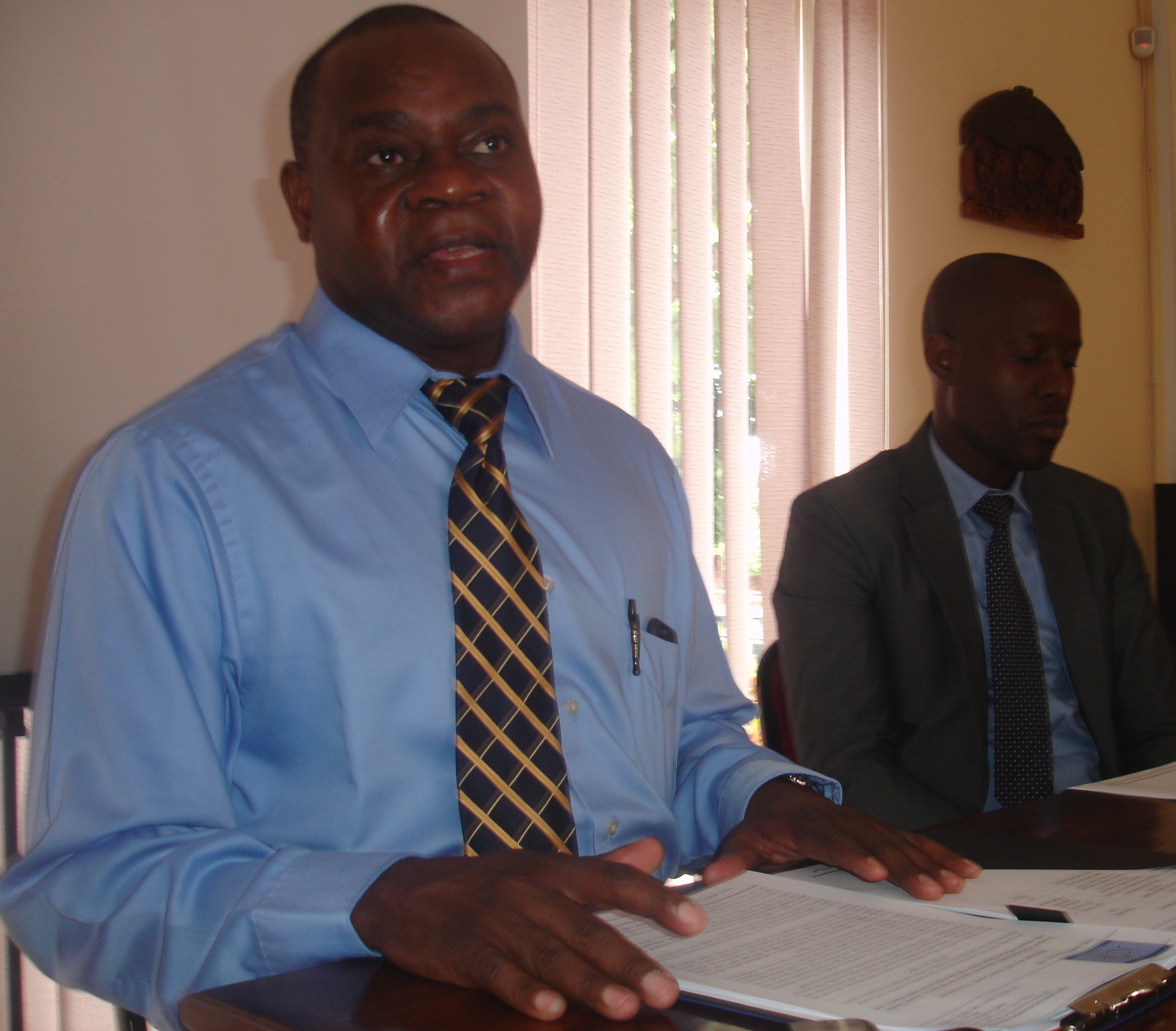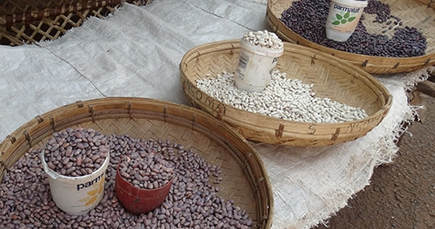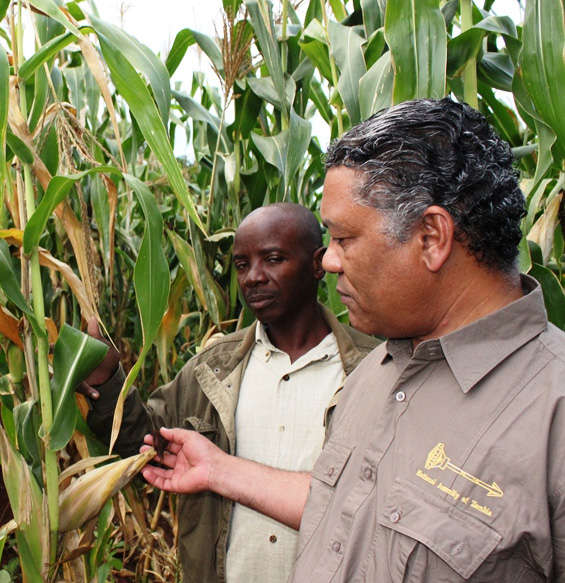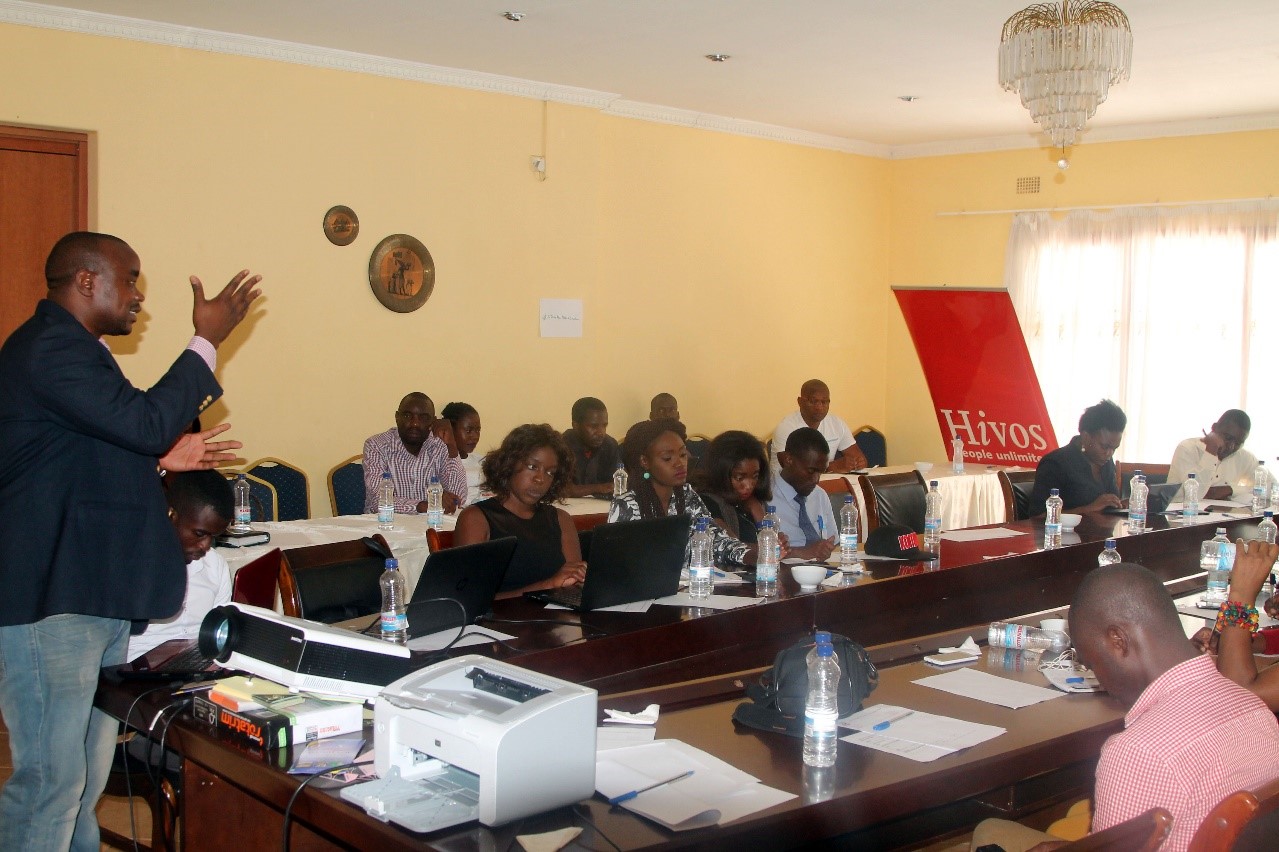Reduction in Maize Production Triggers Hunger Warning, prods JCTR May 2018 BnB
Notice: Undefined index: catFilterList in /home/zambi/public_html/wp-content/plugins/wp-likes/api.php on line 243
By JCTR May 2018 Basic Needs Basket (BnB) Press Release Thursday 14th June, 2018.

JCTR Executive Director Father Emmanuel Mumba
Climate change is a significant developmental challenge both globally and locally. It puts at risk efforts
aimed at reducing poverty and stifles progress towards the attainment of Sustainable Development
Goals. The effects of climate change include changes in the levels of atmospheric carbon dioxide and
ground-level ozone concentrations. They also include changes in average temperatures and rainfall
patterns. Zambia is not spared from the impact of climate change. In recent years Zambia has
continued to experience droughts, seasonal floods and flush floods, extreme temperatures and dry
spells. The Agriculture sector, particularly crop farming is the most affected sector in Zambia as it
depends on rainfall due to the country’s limited irrigation capacity. Any significant changes in
agriculture production inevitably have a bearing on the country’s economy given that the agriculture
sector contributes 18 – 20% of GDP and employs 70% of the labour force, most of which are women
and children.
According to the latest crop forecast survey released by the Ministry of Agriculture, Zambia is
expected to record about 2,394,907 metric tonnes of maize in the 2017-2018 agricultural season,
representing 33.9% decline from last year’s record bumper harvest of 3,606,549 tonnes. This means
that Zambia has failed to produce over three million metric tonnes of maize for the first time in three
years, making this year’s harvest the lowest since the 2014-2015 season when the country produced
2,618,221 tonnes of maize. The reduction in the total maize production and yields for the 2017-2018
season, is largely due to the prolonged dry spells that were experienced between November 2017 and
January 2018. This may adversely affect the price of the staple food and consequently increase the cost
of living that in the last two months has showed stability, if not well managed.

Basic Needs Basket costs for May 2018 rise
The May 2018 JCTR Basic Needs Basket (BNB) for a family of five living in Lusaka stood at K5,369
which was K64 less than the April BNB which stood at K5,433. The most significant reduction was
noted in Kapenta which decreased by K13 from K182 in April to K169 in May per kg. Vegetables
reduced by K8 from K16 in April to K8 in May per kg. Tomatoes decreased by K7 from K17 in April
to K10 in May per kg. The reduction in the prices of the commodities was influenced by increased
supply on the market.

Mr. Chilufya noted that trends in Zambia indicate that there is monocropping of maize in the country due to government policies
In the light of the latest crop forecast survey projecting the reduction of maize production in the 2017-
2018 agricultural season, we forecast a rise in the cost of Mealie meal which will inevitably affect the
costs of other essential commodities and services. The JCTR urges government to begin to prepare
now on how it is going to address this rise in the cost of mealie meal. As the adage says, to be
forewarned is to be forearmed. The crop forecast survey by the Ministry of Agriculture should serve
its purpose of helping the nation manage the maize output reduction. We expect the government and
its agencies to demonstrate leadership in this preparedness to avert unnecessary suffering during the
lean months.
For more information, contact the Social and Economic Development Programme
The Jesuit Centre for Theological Reflection, P.O. Box 37774, 10101 Lusaka, Zambia
Tel: 260-211-290-410 Fax: 260-211-290-759 E-mail: jctr@jesuits.org.zm Website:
www.jctr.org.zm
Location: 3813 Martin Mwamba Road, Olympia Park, Lusaka “A JUST ZAMBIAN SOCIETY GUIDED BY FAITH, WHERE EVERYONE ENJOYS FULLNESS OF LIFE”























